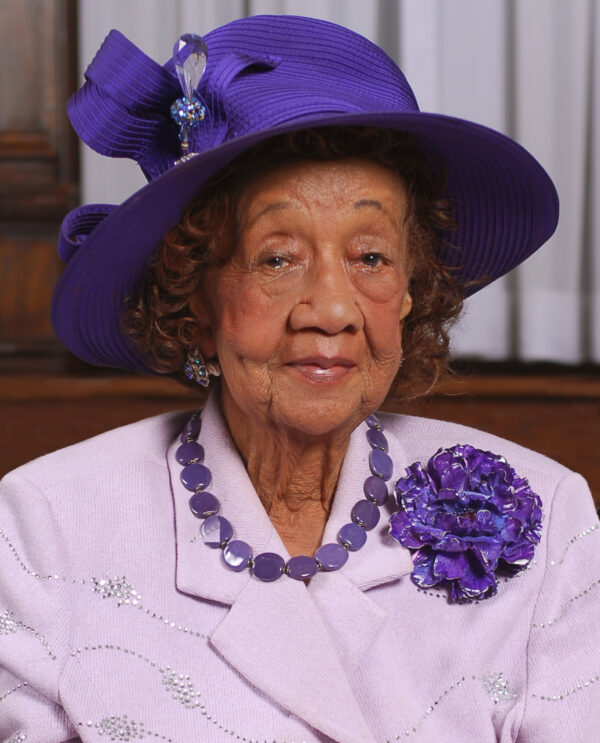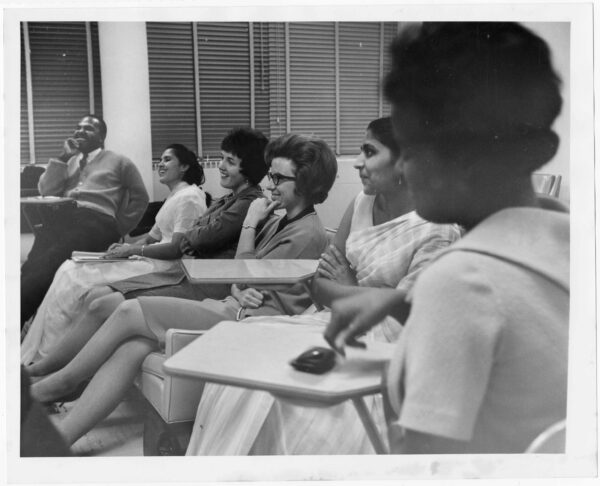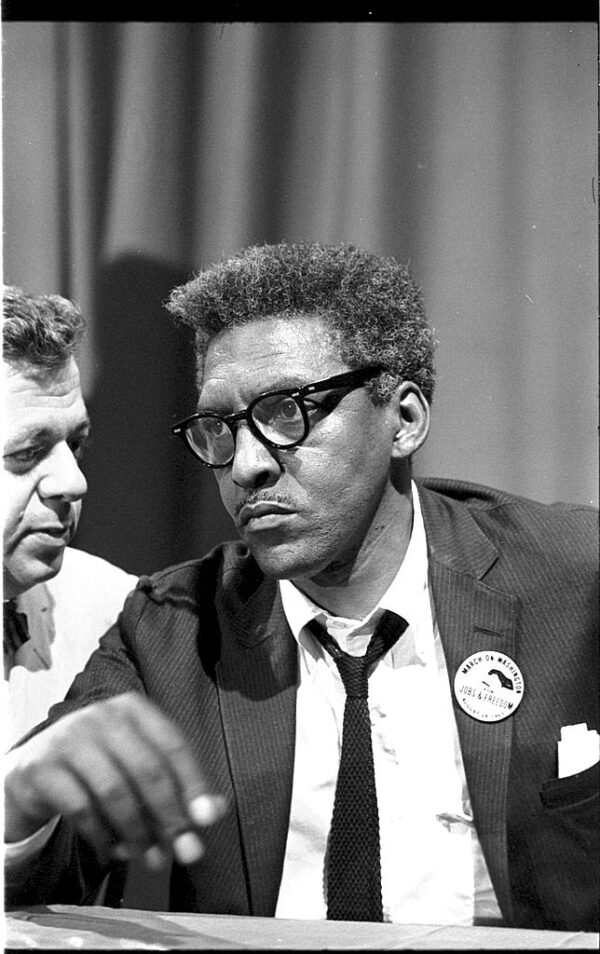
The civil rights movement was a significant social and political movement that aimed to fight against racial segregation and discrimination against Black people in the United States. It emerged during the 1950s and 1960s and was led by prominent figures like Martin Luther King Jr., Rosa Parks, and Malcolm X. The movement encompassed a series of nonviolent protests, marches, and acts of civil disobedience to demand equal rights and opportunities for Black Americans. One of the pivotal events of the civil rights movement was the Montgomery Bus Boycott, sparked by Rosa Parks’ refusal to give up her seat to a white passenger. This protest led to the desegregation of public buses. The movement also saw the establishment of organizations like the National Association for the Advancement of Colored People (NAACP) and the Southern Christian Leadership Conference (SCLC) that played crucial roles in advocating for civil rights. Ultimately, the civil rights movement achieved significant milestones, including the passage of the Civil Rights Act of 1964 and the Voting Rights Act of 1965, which ended legal segregation and protected the voting rights of Black Americans. While challenges and inequalities still persist, the civil rights movement remains a powerful example of the determination and resilience of individuals fighting for justice and equality.



